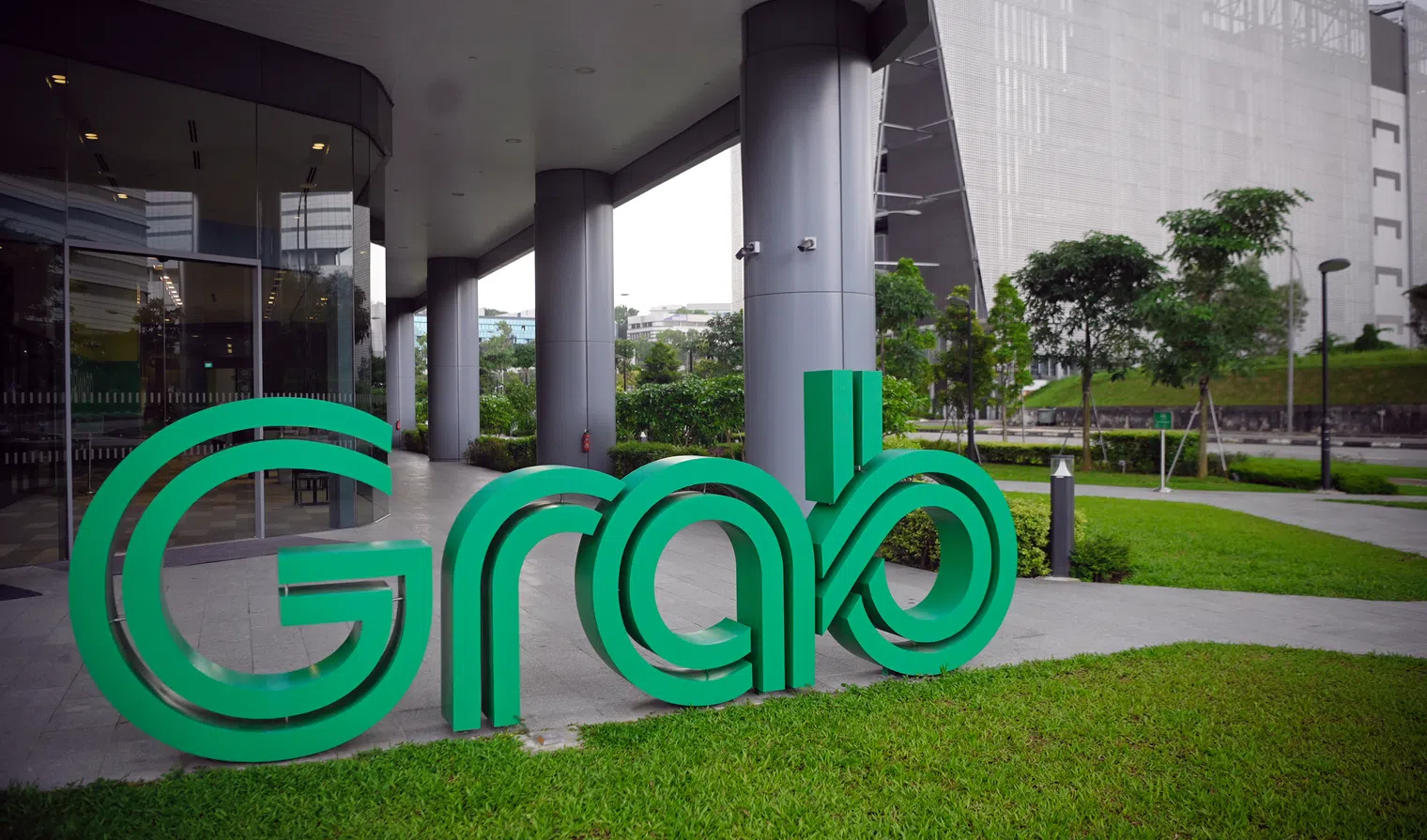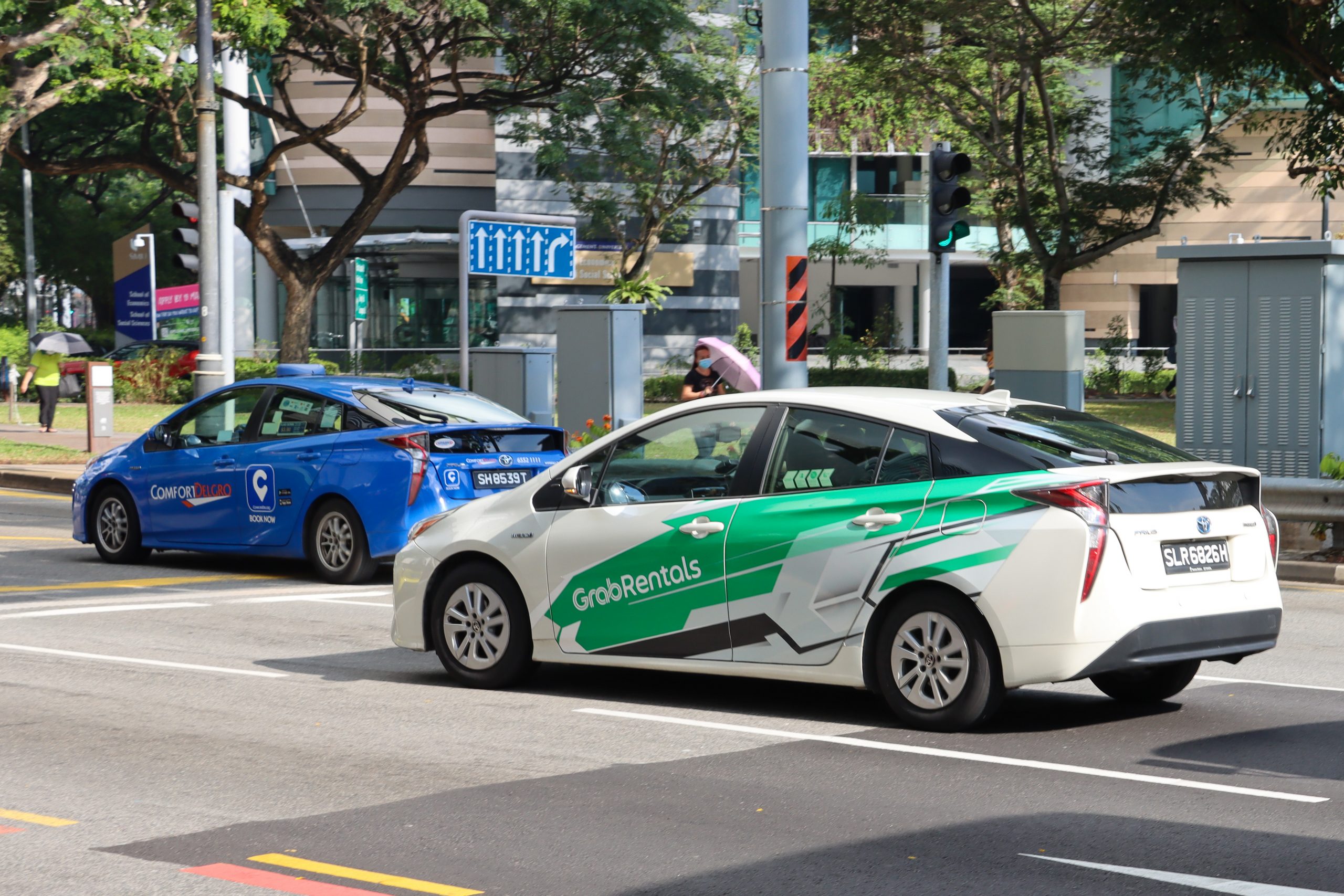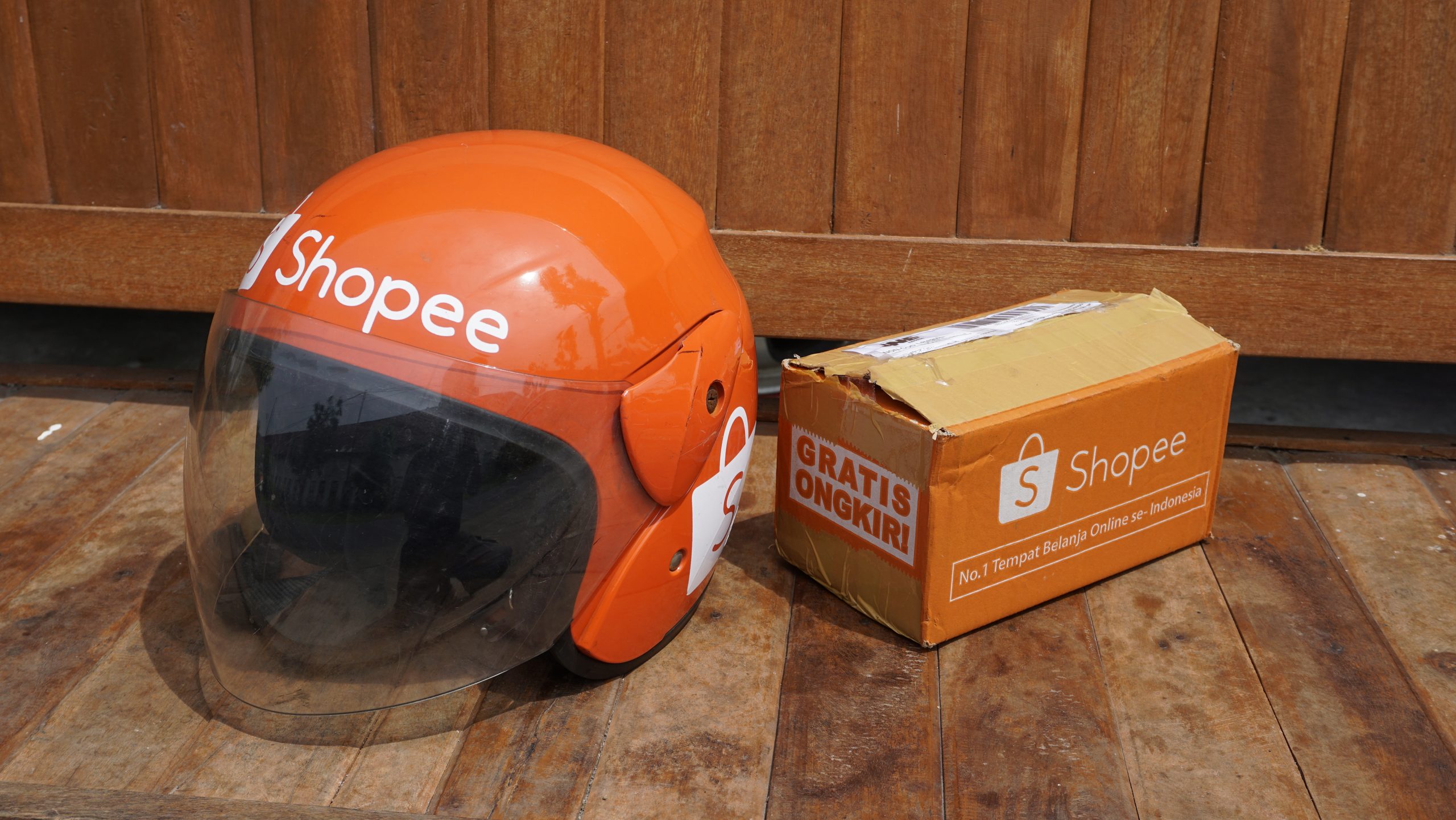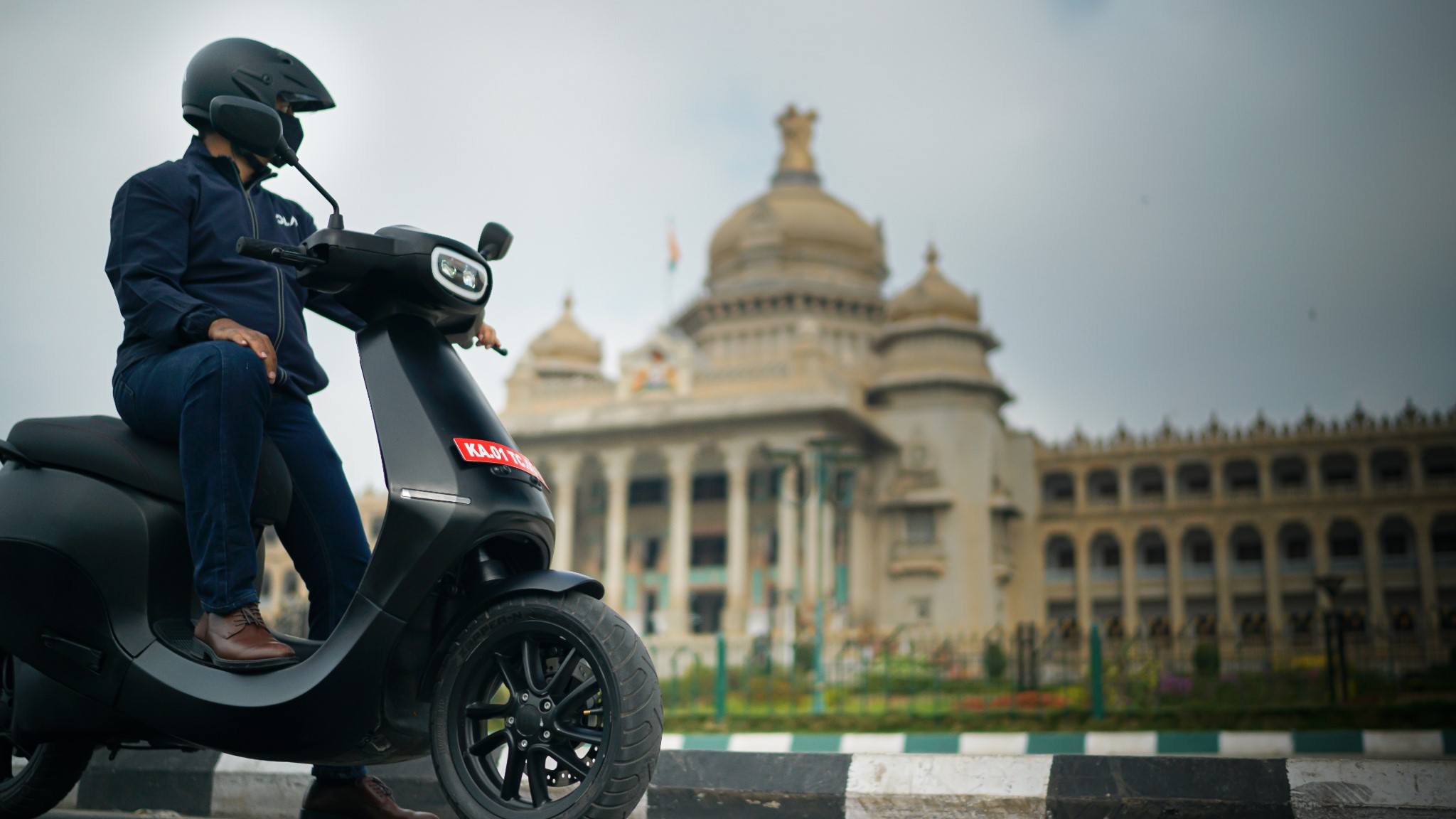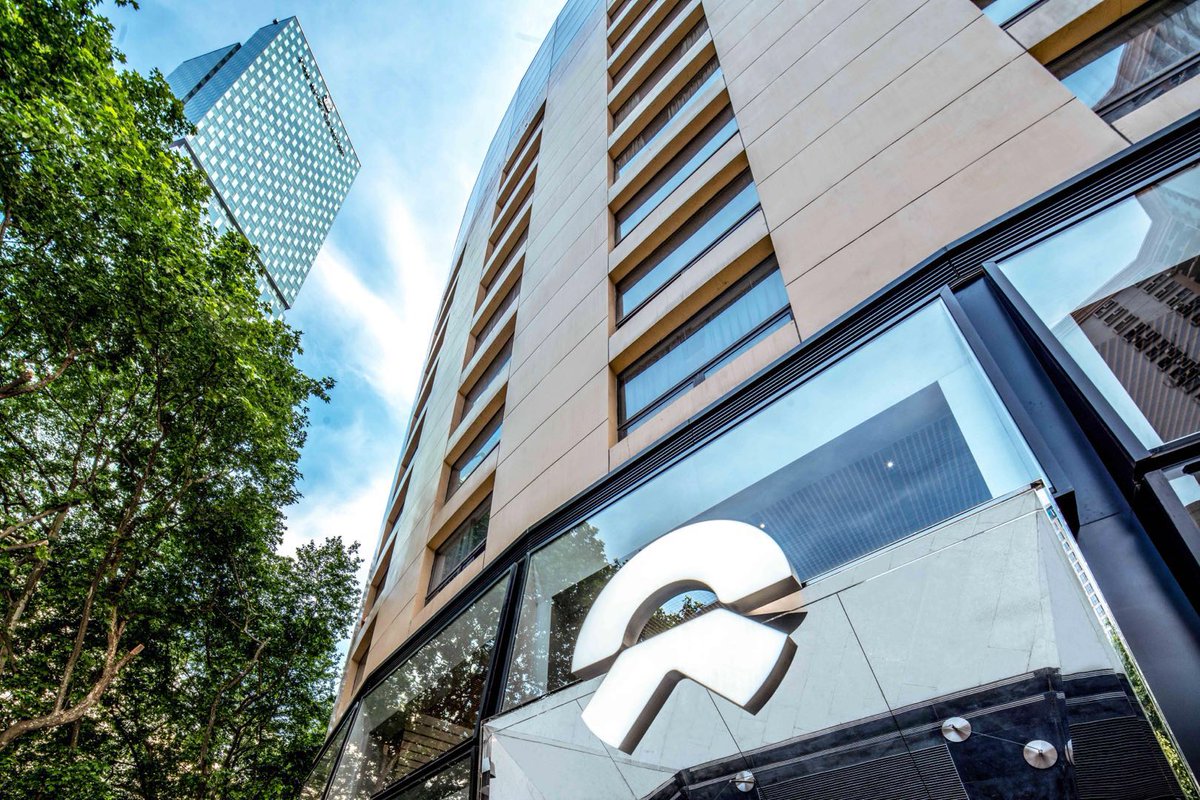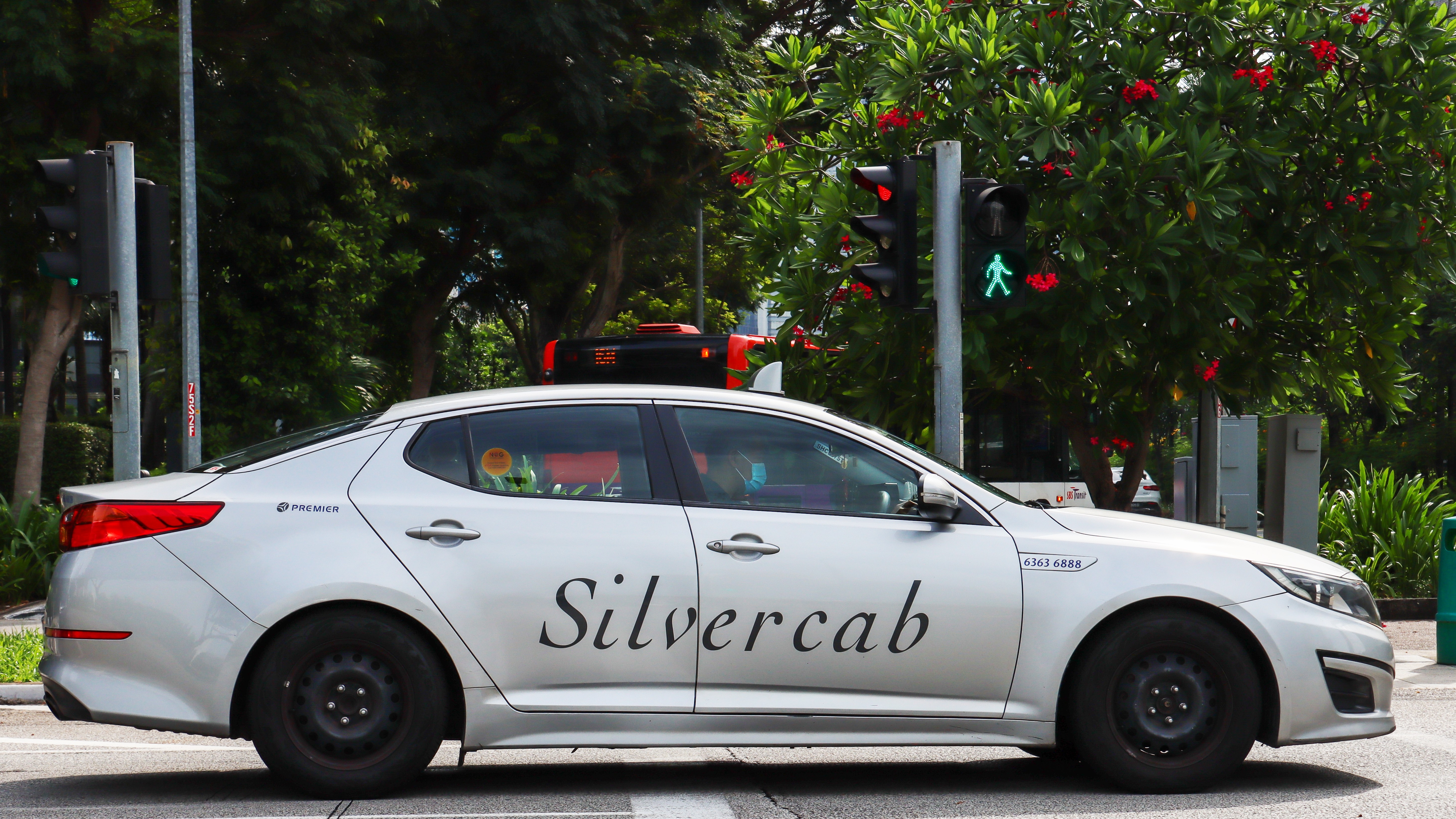
Image by Abdul Rahman
In case you were still asleep when the news broke early this morning, let me get you up to speed: the inevitable has happened. Lyft, Didi Kuaidi, Ola, and GrabTaxi have officially joined forces in a four-way alliance that competes with Uber across the biggest and most important markets in Asia and the US.
Seems like a big deal, right? Maybe. But I think it’s actually not going to change much at all, at least in the immediate future. The main advantages this gives the new anti-Uber alliance are a relatively global network and access to more global capital. Here’s why those might not matter.
Global travelers are a small market. I’ll admit that for somebody like me, who occasionally has cause to use all four of these apps, being able to just use the Lyft app in China, Singapore, and India to access local services is going to be very convenient. But I am not that important, and neither are other frequent global travelers when it comes to the ridesharing app market. Sure, travelers are a factor, but the primary source of people using a ridesharing app in a given city are the people who live in that city anyway.
That means that for most users, this alliance doesn’t have any real effect on their day-to-day. Before this, if you lived in Beijing and wanted to get around, you used Didi or Uber. After this partnership, you’ll still be choosing between Didi or Uber. The fact that Didi will now work in New York or Bangalore isn’t going to be relevant for the vast majority of Didi’s potential users.

Capital access isn’t a problem for any of these companies. The other advantage this partnership ostensibly confers is a more powerful collective war chest and more connections to global investors. But all of these companies – Uber included – have been able to raise such massive rounds already that it’s hard to see this being a major factor in who wins in the end. None of these markets are going to be decided by who can raise more capital, they’re going to be decided by who actually serves the market best.
The biggest advantage this alliance gives Didi, Ola, Lyft, and GrabTaxi against Uber is probably that they’ll be able to share data, strategies, and technology. But that’s not likely to result in any short-term changes; it’s a long-term advantage that might take years to have any sort of competitive effect.
At the end of the day, though, the Chinese, Indian, Southeast Asian, and American markets are so different that I suspect what these companies can teach each other will be limited, and technology- and strategy-sharing isn’t likely to decide the market winners. Again, at the end of the day, the company that comes out on top is going to be the company that can best serve the intricacies of its local market. And no international alliance is likely to be much help when it comes to understanding local problems and serving local needs.
Recommended reads
 Singapore issues Grab taxi operator license
Singapore issues Grab taxi operator license India’s 15-minute meal hunger games
India’s 15-minute meal hunger games Angkas shifts gears as Grab vies for PH motorcycle taxi crown
Angkas shifts gears as Grab vies for PH motorcycle taxi crown Singapore’s ride-hailing boom faces a crisis: driver shortages
Singapore’s ride-hailing boom faces a crisis: driver shortages Shopee drops J&T Express’ standard, economy deliveries in Indonesia (update)
Shopee drops J&T Express’ standard, economy deliveries in Indonesia (update) Ola Electric briefly suspends production at Future Factory
Ola Electric briefly suspends production at Future Factory China’s Nio expects to sell less EVs amid Covid-19 crisis
China’s Nio expects to sell less EVs amid Covid-19 crisis Tesla faces $2.2m fine in South Korea for overstating driving range
Tesla faces $2.2m fine in South Korea for overstating driving range BS Capital acquires Premier Taxis to boost vehicle leasing business
BS Capital acquires Premier Taxis to boost vehicle leasing business Indonesian AI firm bags funding from local car parking app
Indonesian AI firm bags funding from local car parking app
Editing by Jeff Quigley
(And yes, we’re serious about ethics and transparency. More information here.)
